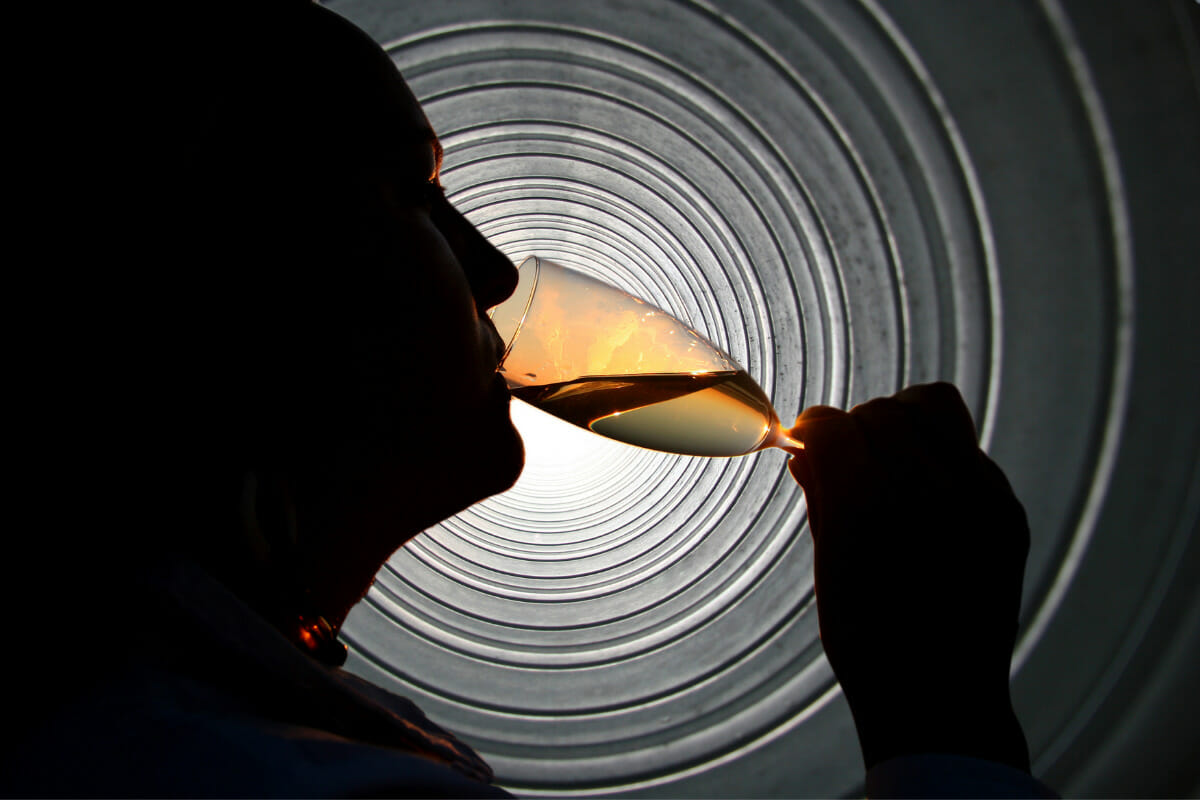
Drinking alcohol, especially socially, seems so innocuous sometimes that it’s easy to forget that it comes with health risks. One of the most concerning issues is the connection between drinking and cancer. The unfortunate truth is that most people don’t understand that drinking alcohol can increase cancer risk. Less than one-third of Americans think there is a connection between alcohol use and cancer1, which may explain why so many people are comfortable drinking regularly.
Alcohol use disorder, of course, affects people not only physically, but also emotionally, mentally, and through relationships. This is why a holistic addiction treatment plan is best for lasting recovery. Following, we’ll discuss the physical aspects of alcohol use disorder, and specifically alcohol and cancer risks.
What is the Link Between Drinking and Cancer?
Would it shock you to hear that Cancer.org lists alcohol use as one of the top three most preventable causes of cancer in the U.S.? We all know about the other two avoidable factors contributing to cancer: using tobacco and being overweight or obese. Yet, the realization that alcohol use can be linked with about 6% of all instances of cancer and 4% of cancer deaths still comes as a surprise to most people. 2
Drinking is most often associated with cancer in the: 2
- mouth
- throat
- esophagus
- stomach
- liver
- colon
- rectum
- breasts
According to most sources, though there isn’t an established connection, research shows that heavy alcohol use is likely responsible for other types of cancer, such as melanoma and pancreatic cancers.3
Why Does Alcohol Contribute to Cancer Development?
The National Toxicology Program of the U.S. Department of Health and Human Services lists and recognizes alcohol as a carcinogen.3
Alcohol use is mainly associated with cancers along the digestive tract—from mouth to esophagus to stomach to colon and rectum—because that is the path alcohol takes through your body once you ingest it.
As the ethanol in your drink passes through your body, it damages and irritates each cell it contacts. Those cells that have sustained damage will try to heal and repair themselves.2 If it happens every once in a while, it’s usually not a big deal. Humans heal wounds and repair cell damage on a relatively constant basis. However, if that damage happens frequently, such as with heavy alcohol use, the chances that a cell may sustain lasting DNA changes that lead to the growth of a tumor radically increase.
It’s the same reason that one sunburn isn’t a cause for concern, but repeated visits to the tanning bed increase skin cancer risk.
Unfortunately, the risks don’t stop there. After ingesting alcohol, it turns into acetaldehyde in the body. Acetaldehyde is known to cause cancer and DNA damage to cells. Additionally, drinking alcohol places your cells under oxidative stress, which increases the circulation of oxygen-reactive substances that damage cells and cause cancer. It’s a multi-pronged attack on your cell DNA that could, over time, promote tumor growth and liver damage.
If that weren’t enough, alcohol interferes with the absorption of nutrients that prevent cancer. It also disrupts the hormonal balance in your body, increasing estrogen and weight gain, both of which increase cancer risk as well.
Who is Most at Risk?
Though there are no set “safe” amounts of alcohol, less is better than more. Heavy drinkers and people who drink alcohol frequently are particularly at risk than casual and light drinkers. However, be aware that even modest alcohol intake can increase your risk of certain types of cancer. For example, if you have a history of breast cancer, it’s best to steer clear of drinking altogether.
People in the throes of alcohol dependence or full-blown addiction are most at risk of alcohol-related cancer and numerous other health risks. That’s why it’s essential to join an alcohol addiction treatment program as early as possible before significant health conditions develop or worsen. Thankfully, help is just a phone call away.
It is also important to note that if you drink and use tobacco, your risk of developing cancer is much higher than if you only drank or used tobacco.2
Ready to Seek Alcohol Addiction Treatment?
Silver Sands Recovery can help you or a loved one through our alcohol addiction treatment programs. We offer holistic therapies that treat your mind, body, and spirit as a whole, so you can heal from the inside out as we guide you through the recovery process. Give us a call or contact us online to get started right away.
Sources:
[1] https://www.npr.org/sections/goatsandsoda/2021/07/16/1016586837/new-study-says-nearly-3-4-million-cancers-a-year-linked-to-alcohol-use
[2] https://www.cancer.org/cancer/cancer-causes/diet-physical-activity/alcohol-use-and-cancer.html
[3] https://www.cancer.gov/about-cancer/causes-prevention/risk/alcohol/alcohol-fact-sheet

